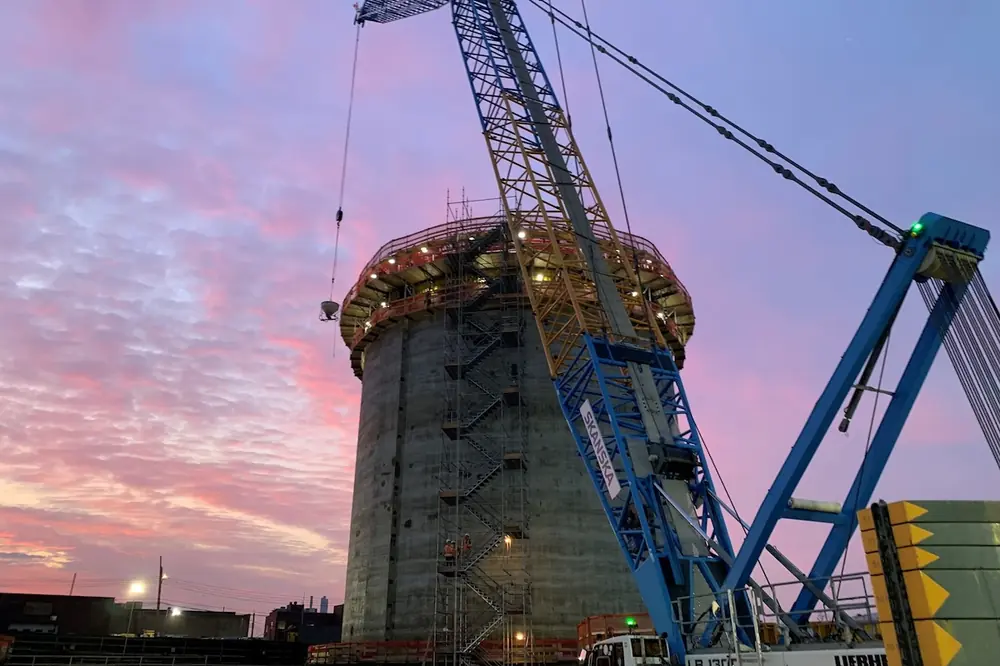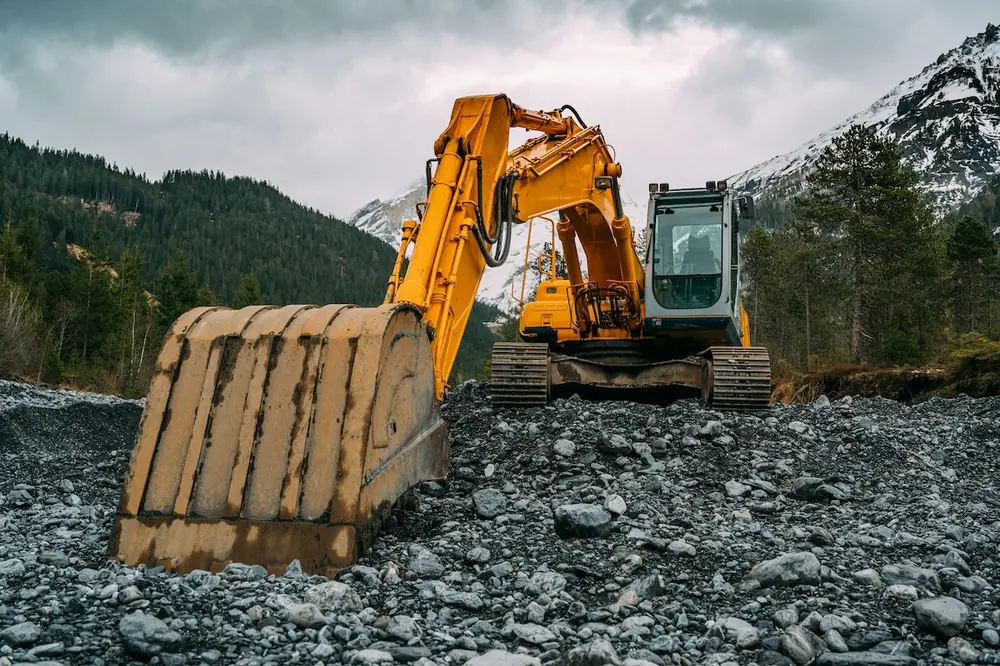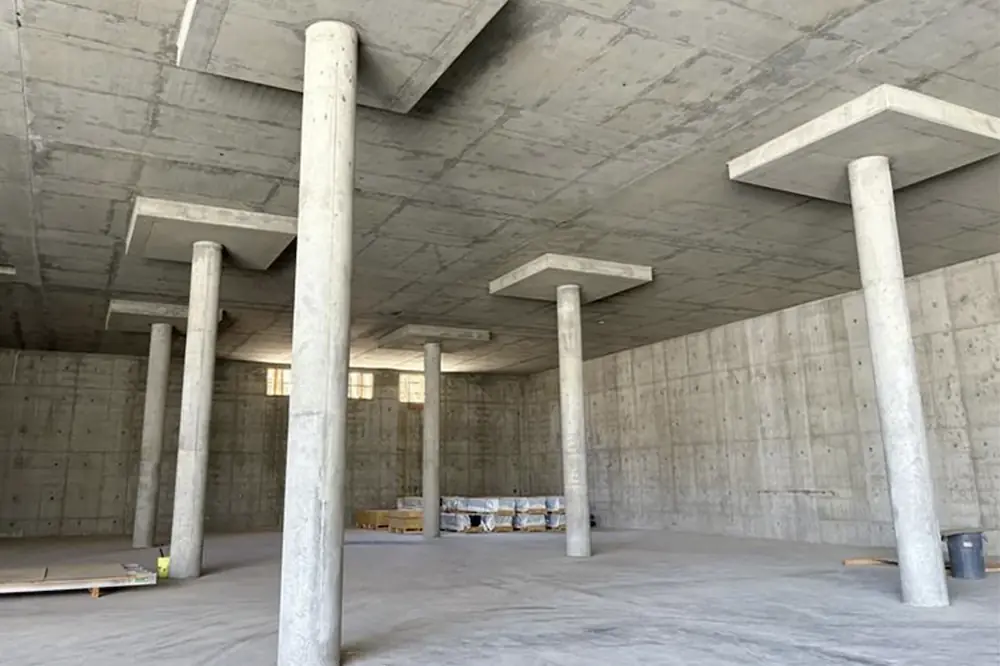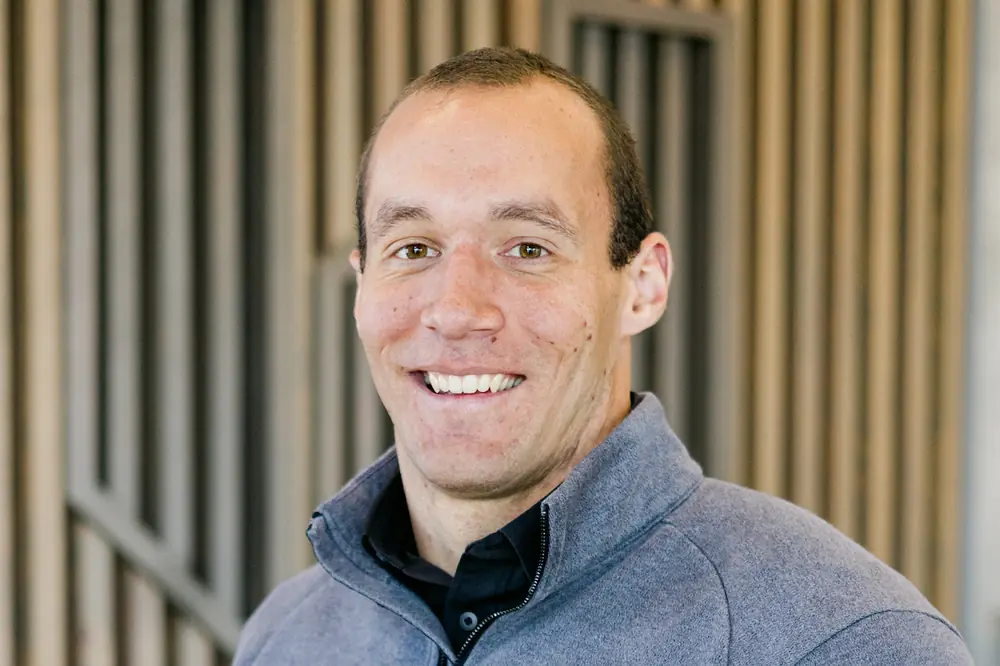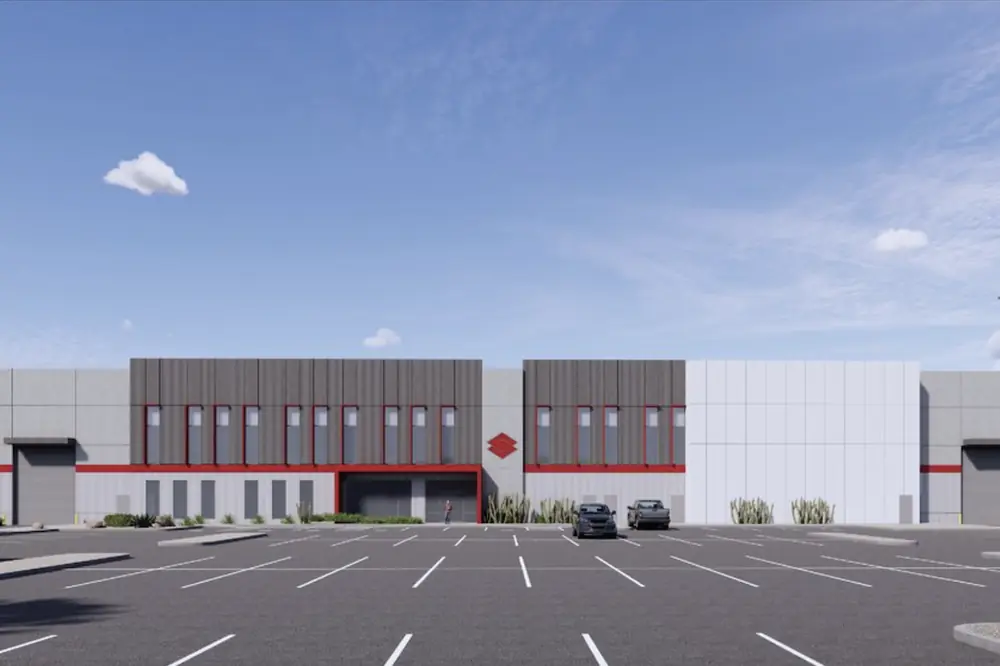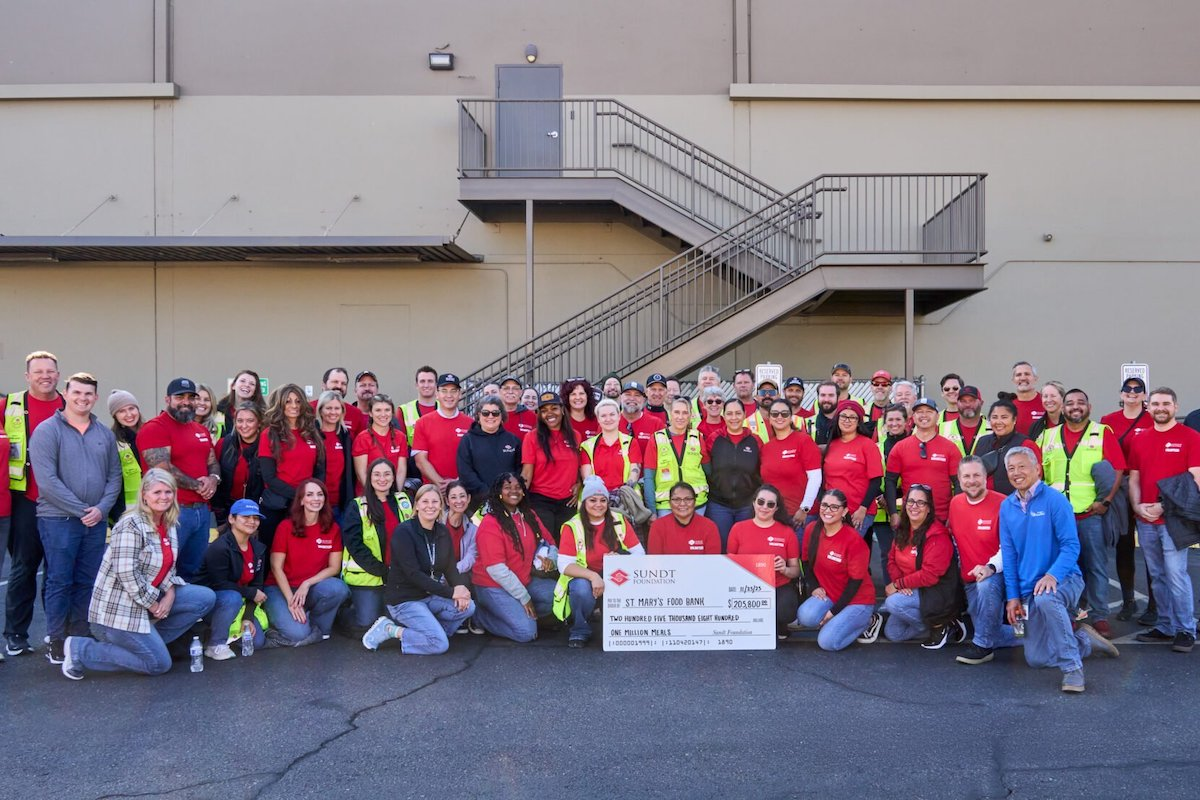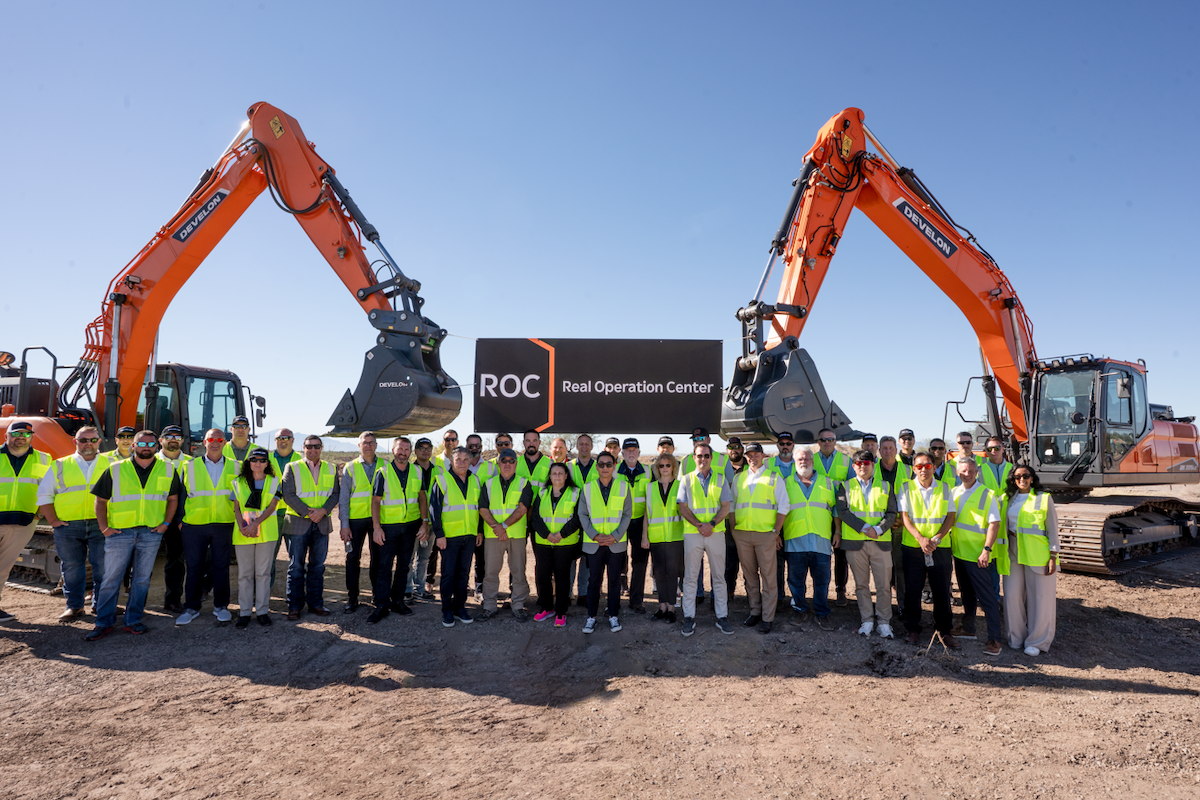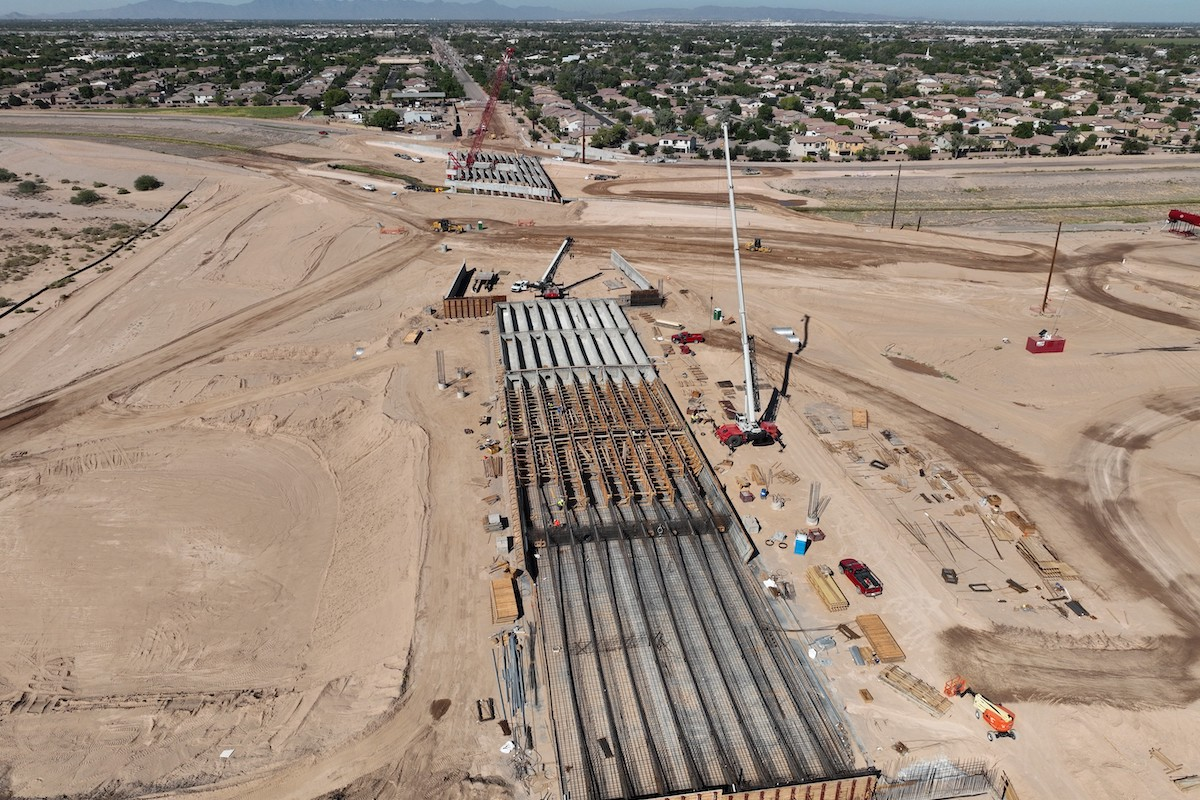“The project will produce enough power annually for the equivalent of more than 100,000 homes,” says Grant St. George, Vice President Project Executive with McCarthy Building Companies of St. Louis, the engineering, procurement and construction (EPC) contractor for this project.
Swift Current Energy, headquartered in Boston, has commercialized more than 2 gigawatts of wind and solar projects across the United States, including five projects in Illinois. Double Black Diamond is the largest.
“As the developer and long-term owner and operator of Double Black Diamond solar, we are thrilled that the project is now under construction, employing hundreds of skilled workers and supporting U.S. manufacturing jobs associated with the steel foundations, the tracker systems, and the solar modules,” said Eric Lammers, CEO of Swift Current Energy. “We hope this project, which brings together American-based businesses McCarthy, First Solar, and Nextracker, will serve as an example for other projects to come.”
Solar Energy Industry Association reported that it expects more than 6.4 gigawatts of solar power to be installed in Illinois during the next five years, which would take the state from ranking 15th to ninth in the country. St. George foresees long-term career advancement and opportunity within the solar industry due to the industry’s anticipated growth, and what McCarthy is seeing firsthand on projects nationwide.

| Your local Bobcat dealer |
|---|
| Ditch Witch West |
| Faris Machinery |
| Ditch Witch West |
| Faris Machinery |
He credits the Inflation Reduction Act and the economic impact on the respective communities with driving solar power’s growth and establishing career opportunities for professionals of all skill levels.
“It’s providing opportunities to develop skills that will create new career paths for many,” St. George says.
“The goal of this phase is to design a solar facility that maximizes energy production for the site taking into consideration various site constraints, such as topography challenges, that exist,” St. George says. “Additionally, during this phase McCarthy’s Storm Water Pollution Prevention Planning and Vegetation experts created a proactive vegetation and stormwater protection strategy.”
For this project, the team created a strategy to address stormwater runoff and mitigate risks of erosion or runoff.
“By having a proactive plan of vegetation management, McCarthy is able to preserve the landowner’s topsoil and mitigate any potential stormwater runoff concerns,” St. George says. “Double Black Diamond is massive, measuring 192 blocks.”
Hiring and preparing the workforce has presented challenges. “Thanks to our partnership with the unions, there is extensive outreach and training for individuals of all skill levels from entry-level to experienced,” St. George says. “With solar being relatively new to the area, even a skilled tradesperson is learning new skills in solar construction.”
The Double Black Diamond Solar project has set apprenticeship, and diversity, equity, and inclusion (DEI) hiring goals. McCarthy and the unions train workers who are inexperienced in utility-scale solar construction to assist with future workforce needs and accommodate the exponential regional and national growth of the solar industry.
“We are using this project as an opportunity to welcome new people to the trades and help them to explore new career path opportunities, building sustainable solar energy infrastructure in communities around the country,” St. George says.
“Sitework on the project included preparation, earthwork, mowing, and implementing the vegetation and stormwater protection strategies,” St. George says. “Implementing these strategies early aids in the construction process long-term while also bringing maximum benefits to the site and its neighbors by growing native vegetation and pollinators that provide environmental benefit.”
The company has completed below-grade infrastructure, including electrical utility work, and installing 250,000 U.S.-produced steel-I-beam piles. McCarthy teams use a GPS-pile driver to aid in the installation of piles to match the site design and layout. Peak construction began in March 2023, with 450 people working on site.
Atop of the piles, McCarthy installs a photovoltaic racking system to which the 1.6 million solar panels – also referred to as modules – are attached. First Solar of Tempe, Arizona, manufactured most of the modules in the United States. The racks feature trackers from Nextracker of Fremont, California, to enable the panels to follow the sun across the sky, maximizing output. The photovoltaic cells making up the modules are made from silicon.
Teams of workers install the solar panels, and through peak construction, one block or approximately 8,000 modules will be installed per day.
McCarthy deploys drones to monitor installation progress and for testing prior to commissioning.
“The electrical cable is installed that connects the panels to the inverters, which then takes the power to the grid through a transformer,” St. George explains.
At the end of construction, McCarthy will commission the facility, so it can begin to produce electricity. McCarthy will monitor in real time the panel performance during the testing phase from its Solar Monitoring Center in Arizona.
“Once commissioned, we have the ability to use robotics to monitor panel production and diagnose any issues,” St. George says. “The robotics technology is newer to the industry and allows for on-going monitoring of a solar facility as part of McCarthy’s operations and maintenance program.”
“The partnerships on this project are incredible, not only working with Swift Current, a new partnership, but also the partnerships we’ve been able to establish with the unions and assisting with the training process,” St. George says. “Being able to help introduce new people to careers in the trades, and particularly solar construction and helping them to begin on a new long-term career path is very rewarding.”
The project’s end users include the city of Chicago for partially powering O’Hare International Airport and Midway International Airport; Loyola University; State Farm; and PPG Industries. Additionally, Double Black Diamond expects to produce more than $100 million in tax revenue for the local communities where the project is located.
“Providing sustainable clean energy infrastructure to a community where solar is not currently common also makes this project gratifying,” St. George concludes.
Photos courtesy of McCarthy Building Companies












